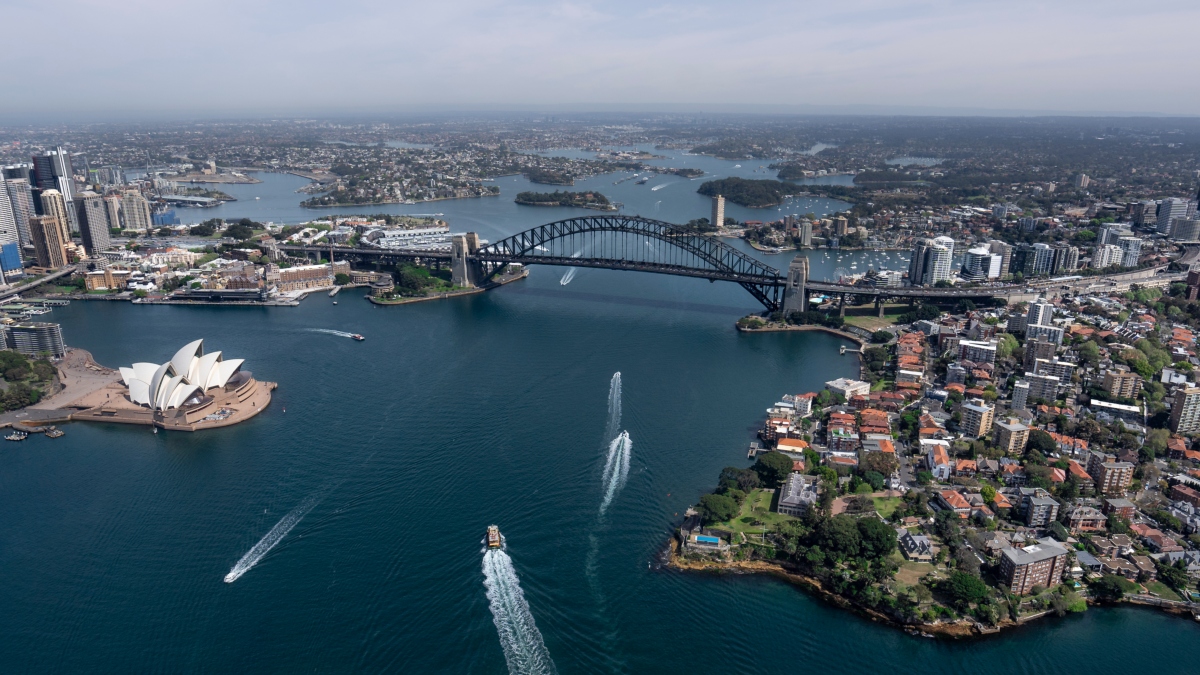The Philippines and Australia have reached a landmark agreement to implement a “work and holiday” visa arrangement, allowing eligible citizens from both nations to seek short-term employment while vacationing in the other country.
According to the Presidential Communications Office, the memorandum of understanding (MOU) was signed in Manila by Foreign Affairs Secretary Enrique Manalo and Australian Ambassador to the Philippines, Hae Kyong Ku. This signing took place during Australian Prime Minister Anthony Albanese’s official visit last Friday.
Under the terms of the new arrangement, Filipino and Australian nationals aged between 18 and 31 who have completed tertiary education or at least two years of undergraduate or post-secondary education can apply for the visa. Successful applicants will be permitted to stay and work in the host country for a non-extendable period of 12 months, starting from the date of their initial entry.
Applicants must fulfill health, character, and national security criteria, and maintain medical insurance for the entire duration of their stay. It will be possible for visa holders to exit and re-enter the host country multiple times within the 12-month period using the same visa.
Both nations stressed the importance of compliance with the local laws and regulations of the host country. The MOU specifies that individuals who fail to comply may face denial of entry or removal according to the jurisdiction’s existing regulations.
Furthermore, the agreement ensures that visa holders from both countries working during their stay will be protected under the host nation’s labor laws, similarly to local workers. This provision seeks to safeguard the rights and welfare of these temporary workers during their employment period.
The MOU, which is set to take effect on a mutually agreed upon date, will remain in force indefinitely unless one party decides to terminate it through written notice. This collaboration adds to Australia’s existing work and holiday arrangements with 26 other nations, including the USA, Singapore, and several ASEAN countries.






